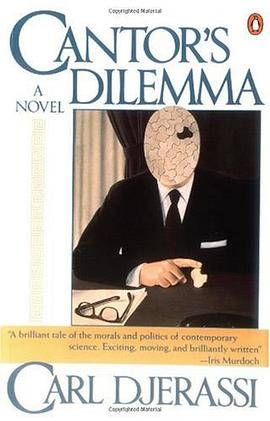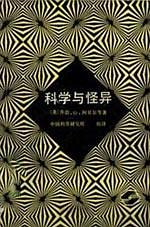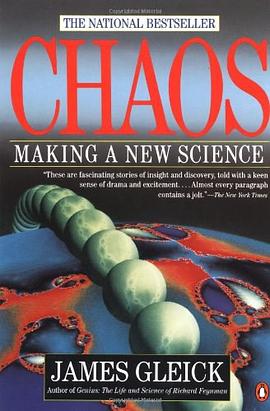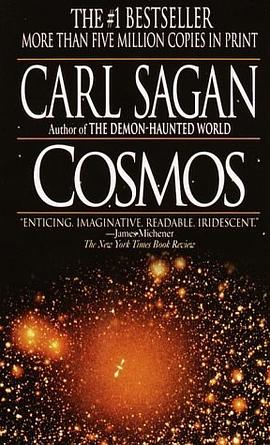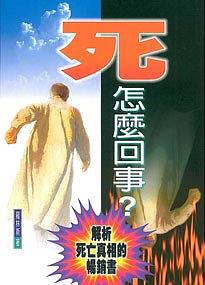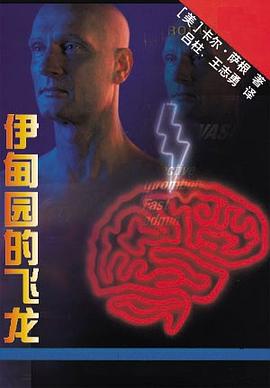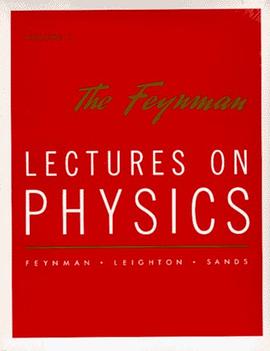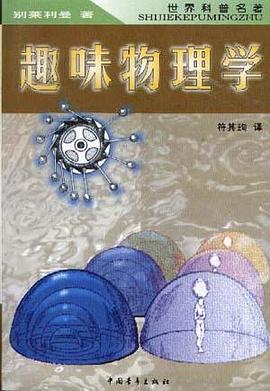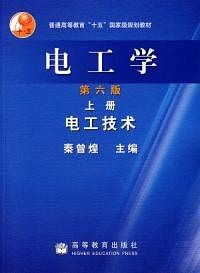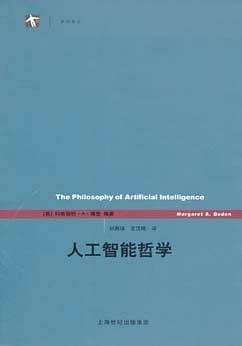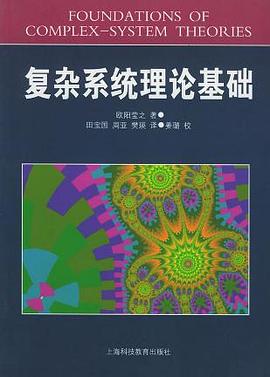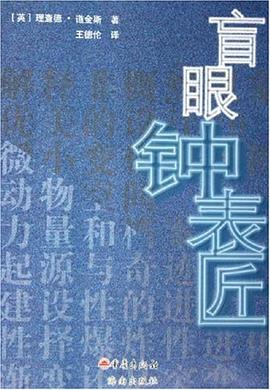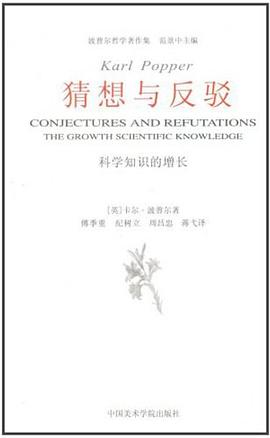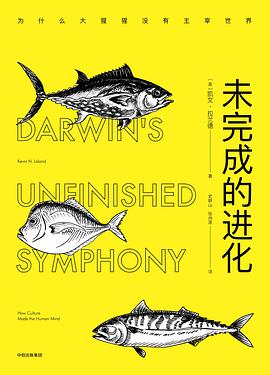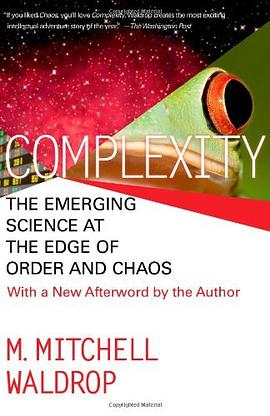

In a rented convent in Santa Fe, a revolution has been brewing. The activists are not anarchists, but rather Nobel Laureates in physics and economics such as Murray Gell-Mann and Kenneth Arrow, and pony-tailed graduate students, mathematicians, and computer scientists down from Los Alamos. They've formed an iconoclastic think tank called the Santa Fe Institute, and their radical idea is to create a new science called complexity. These mavericks from academe share a deep impatience with the kind of linear, reductionist thinking that has dominated science since the time of Newton. Instead, they are gathering novel ideas about interconnectedness, coevolution, chaos, structure, and order - and they're forging them into an entirely new, unified way of thinking about nature, human social behavior, life, and the universe itself. They want to know how a primordial soup of simple molecules managed to turn itself into the first living cell - and what the origin of life some four billion years ago can tell us about the process of technological innovation today. They want to know why ancient ecosystems often remained stable for millions of years, only to vanish in a geological instant - and what such events have to do with the sudden collapse of Soviet communism in the late 1980s. They want to know why the economy can behave in unpredictable ways that economists can't explain - and how the random process of Darwinian natural selection managed to produce such wonderfully intricate structures as the eye and the kidney. Above all, they want to know how the universe manages to bring forth complex structures such as galaxies, stars, planets, bacteria, plants, animals, and brains. There are commonthreads in all of these queries, and these Santa Fe scientists seek to understand them. Complexity is their story: the messy, funny, human story of how science really happens. Here is the tale of Brian Arthur, the Belfast-born economist who stubbornly pushed his theories of economic ch
具體描述
讀後感
一种情况下,他者创设学习环境,如论坛,学习者进入论坛,自组织形成结构,产生学习领袖。 一种情况下,他者创设学习环境,并参与其中,担任服务者。 一种情况下,他者创设学习环境,并参与其中,担任监控者和仲裁者。 一种情况下,他者创设学习环境,并参与其中,担任服务者、...
評分生物体经常相互适应而得以进化,从而将自己组合成为精巧协调的平衡系统;原子通过相互化合得以找到最小的能量状态,从而使自己形成被称之为分子的结构。在所有这些情形中,一组组单个的动因在寻求相互适应与自我延续中或这样、或那样地超越了自己,从而获得了生命、思想、目的...
評分看了上面的各位的评价 特意下载拜读一下 感觉很糟糕 文笔差 结构乱 碎言碎语 杂七杂八 举的一些例子很一般 也没有深入的理论和阐述 所说的只是一些目前已经普遍认识和感觉到的东西,对创新应用没有太多启发,对了解历史也没有多少激励。 与《量子史话》差距太远
評分这本书并非艰涩的物理教课书 这本书是引领你进入宇宙真理的导航 正像书评中说的,掌握了复杂系统的人,将成为是未来的超级力量 有点扯淡是吗? 建议你先去了解一下混沌,自组织,和进化 看完全书,总结下来的复杂系统层次是这样的 1、正反馈和自组织 这是将静态,推向混沌...
評分看了上面的各位的评价 特意下载拜读一下 感觉很糟糕 文笔差 结构乱 碎言碎语 杂七杂八 举的一些例子很一般 也没有深入的理论和阐述 所说的只是一些目前已经普遍认识和感觉到的东西,对创新应用没有太多启发,对了解历史也没有多少激励。 与《量子史话》差距太远
用戶評價
其實隻看瞭前麵的一些,後麵的都是不停的在翻。。
评分1997年,國內繼中譯本《混沌學傳奇》(“Chaos”)之後,又一本優秀的復雜性科學的翻譯著作。該本書詳細描述瞭美國 1980 前後,一批跨學科的科學傢們對復雜、混沌的邊緣、正反饋、人工生命等領域的探索,並以聖塔菲研究院的發起、成立及早期的研究活動為背景,展示瞭一幅波瀾起伏的科學思潮的興起!是國內大學本科、研究生獲得科學興趣,提高科學素養的優秀著作。
评分其實隻看瞭前麵的一些,後麵的都是不停的在翻。。
评分1997年,國內繼中譯本《混沌學傳奇》(“Chaos”)之後,又一本優秀的復雜性科學的翻譯著作。該本書詳細描述瞭美國 1980 前後,一批跨學科的科學傢們對復雜、混沌的邊緣、正反饋、人工生命等領域的探索,並以聖塔菲研究院的發起、成立及早期的研究活動為背景,展示瞭一幅波瀾起伏的科學思潮的興起!是國內大學本科、研究生獲得科學興趣,提高科學素養的優秀著作。
评分是一本敘述性的書,不過這種題材不是我的胃口。我喜歡直接去講宇宙的道理。不過,這本書的有些內容,確實有enlight的作用,比如increaing return, network等。我非常建議,看看。
相關圖書
本站所有內容均為互聯網搜索引擎提供的公開搜索信息,本站不存儲任何數據與內容,任何內容與數據均與本站無關,如有需要請聯繫相關搜索引擎包括但不限於百度,google,bing,sogou 等
© 2025 qciss.net All Rights Reserved. 小哈圖書下載中心 版权所有


